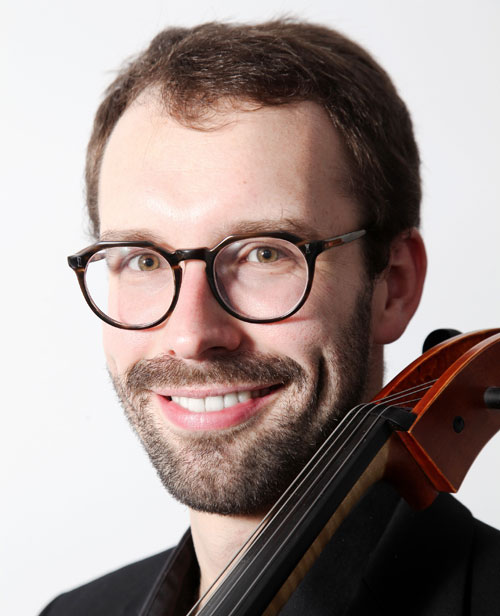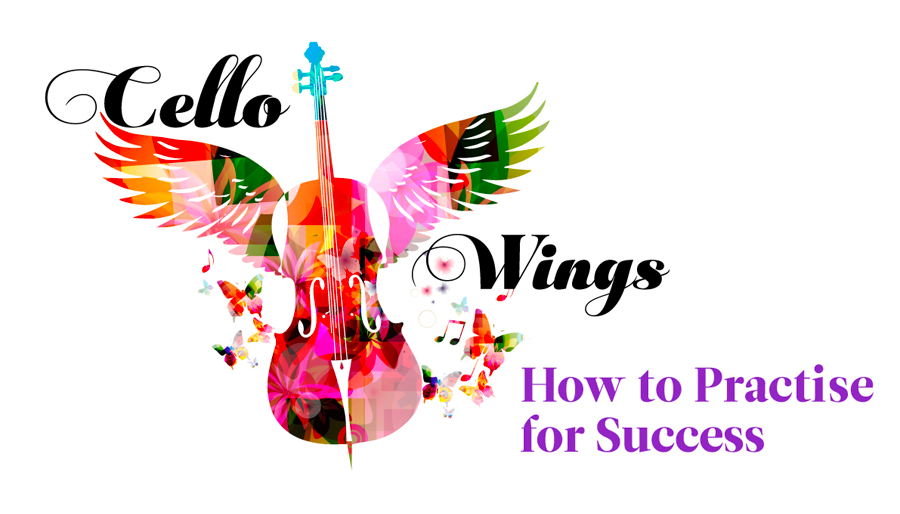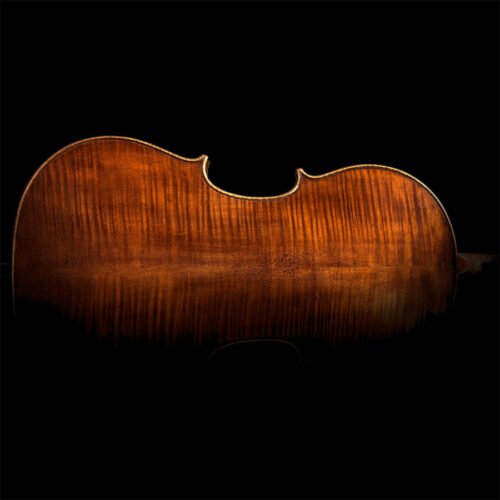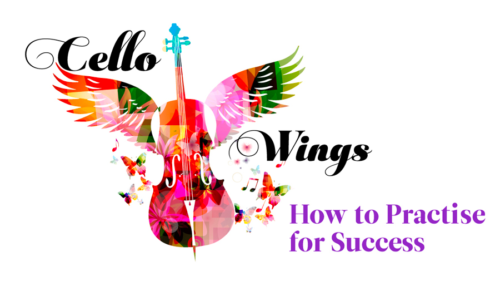Event Description
Practice can often be seen as a bit of a chore, like another piece of homework to fit into our day. But it doesn’t have to be! In this workshop we will explore the different elements that make practice enjoyable, from preparation to listening and thinking, so that the process becomes both fun and rewarding, and the results a success. So do join us to learn why it is so important to practice in the best possible way. After all, practice is the key to unlocking the secrets of cello playing!
This workshop is open to Grade levels 1-4.
Schedule of Events
9.30–10am registration
10am Session I
11.15am Tea Break
11.40am–12.30pm Session II
12.45–1pm Final concert
(free refreshments included in the ticket price)
 Dan James
Dan James
Dan is a cellist, conductor and educator, whose musical career has taken him from Brighton to Bangalore. As a cellist, Dan completed his Masters at the Guildhall School of Music and Drama, after gaining his BMus (Hons) at Trinity College of Music.
As a cellist, Dan has played on various productions in the West End, and with his cello quartet recorded the critically acclaimed Time and Place album with the jazz vocalist Claire Martin OBE for her record label, Linn records. Other commercial work has seen him broadcast on BBC Radio 2 & 3, record for X Factor finalists Little Mix and perform on ITV television as a member of the orchestra for the Queen’s Diamond Jubilee Pageant concerts at Windsor Castle.
Teaching has always been central to Dan’s professional life, and he currently holds the position of Head of Strings at Highgate school, alongside which he works as an ensemble leader and cello teacher at both Junior Trinity and Eltham College. He is also a mentor for graduate students on the Music Masters PGCEi course in instrumental studies.
 Josh Salter
Josh Salter
Josh studied at the Royal Northern College of Music and Royal Academy of Music. He teaches at schools in Camden and Haringey, and has a busy schedule of private pupils. He also regularly freelances with orchestras such as City of London Sinfonia, Orchestra of the Age of Enlightenment and Academy of Ancient Music.
Guidance Notes
Guidance Notes For the Placement of your Child
If your student or child has passed a grade exam recently and is comfortable at the new, higher grade level, that is where they should be enrolled.
For those students not taking grade exams, here are some helpful guidelines to locate their correct placement level:
Grade 1
Fluent in 1st position in C, G, D major, simple slurs max. three notes, basic difference between legato and staccato articulations. Comfortable reading in 2/4, 3/3 and 4/4 time signatures.
Grade 2
Forward and backwards extensions in first position (so B flat and A major keys) and knowledge of fourth position, so G major scale in 2 octaves. Some familiarity with 6/8 time signature. Hooked bowing and doing two up bows in a row to finish phrases nicely.
Grade 3
Half, second and third positions added but with no extensions and generally more fluency in shifting. More complex rhythms with ties and dots.
Grade 4
Using 5th and 6th positions for A and B flat in 2 octave scales (and 7th position for B flat arpeggio in two octaves). Extensions in the other four-finger positions. They should know what detaché is, and be aware that the bow can and does bounce (Squire Joyeuse is a grade 4 piece).
General Notes
1. Supervising parents attend at no cost.
2. All children aged 12 and under are required by Health and Safety to be supervised by the parent or appointed guardian. Parents may make arrangements between themselves to assume alternate supervision of a child other than their own. The Society takes no responsibility in this regard.
3. The final informal Ensembles session is open to family and friends at no cost.
Cancellation Policy
Refunds given up to 21 days before the event.
Refunds after this date given with £10 admin fee deducted.






